More details emerge about the Justice Department's sweeping antitrust case against Apple
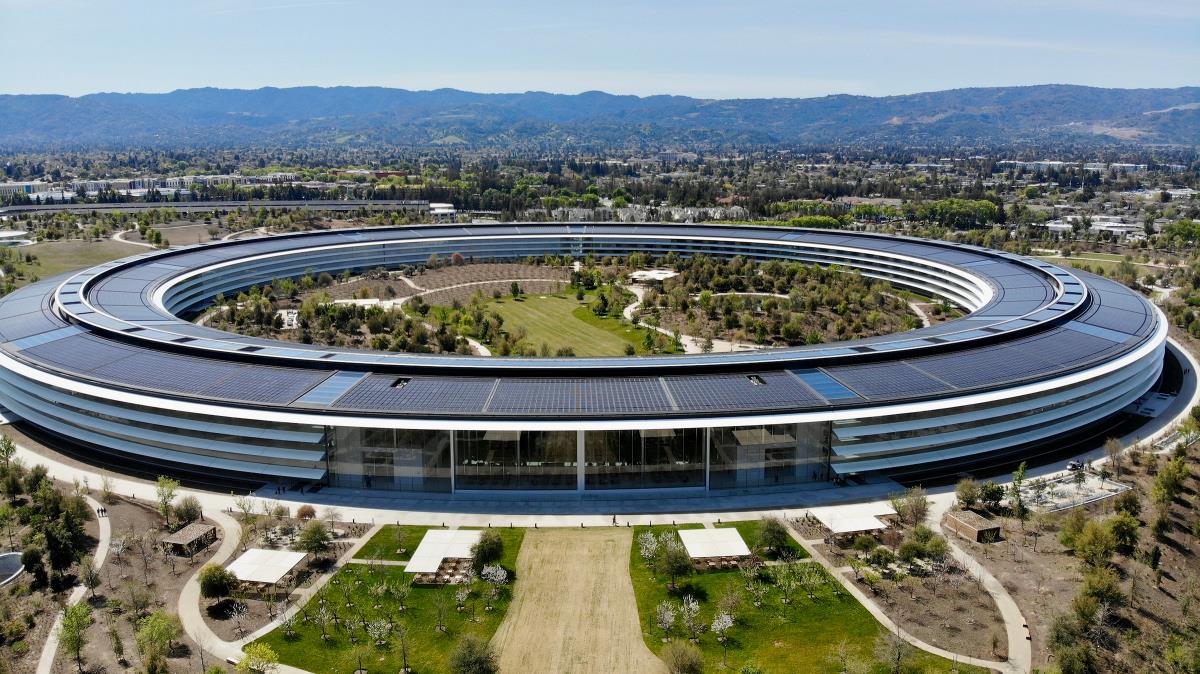
A few days ago, we discussed the tough challenges that Apple could face in the U.S. and the EU. Today, more details have emerged about the Department of Justice's antitrust case against Apple.
A report by The New York Times (paywalled article) quotes insiders with knowledge of the matter.
The U.S. International Trade Commission banned Apple from importing and selling the Apple Watch Series 9 and Ultra 2, in the Country, after the Trillion-dollar company was found to have violated patents related to Masimo's SpO2 sensor (pulseoximeter). However, a federal appeals court Apple Watch paused the ban, allowing Apple to sell the wearables once again.
But, Apple's troubles are far from over. The Department of Justice's antitrust division is reviewing the results of an investigation about the company's policies and business practices. The agency's officials have sat down with the company multiple times to discuss the proceedings. The DoJ is yet to come to a decision about whether a lawsuit will be filed against Apple.
Apple Watch under scrutiny
The antitrust authority is concerned that the Apple Watch works better with the iPhone than with other brands. Let's assume that this statement talks about the fact that Apple Watches are not compatible with Android devices. The wearable by itself is not a standalone product. To use an Apple Watch, you will need to buy an iPhone, instead of being able to use it with their existing Android phone. Some people may view this as a forced investment into a closed ecosystem. Apple's argument would probably be something along the lines of, nobody is forcing the consumser to buy the watch or the phone.
I'm not defending Apple, but if you think about it, Apple is not the only company that does this. Google's Pixel Watch and Samsung's Galaxy Watch (Galaxy Watch4 and above) are exclusive to Android devices, i.e. they are not compatible with iPhones. Of course, lack of advanced APIs in iOS could have led them to skip support for iPhones. But, I doubt this is what the DoJ is concerned about.
Instead, the officials could probably be referring to the fact that other smartwatches do not have the same level of integration with iPhone as an Apple Watch does. This may lead to watches made by rivals to feel inferior, or lack features that the Apple Watch offers. The antitrust agency could raise an argument that the lack of advanced integration, and locking out Android phones from being used with the wearable, is done delibaretely to drive the sales of the Apple Watch, and in turn to boost iPhone sales, thus creating a monopolistic market.
App Store, Apple Pay and iMessage restrictions
The antitrust investigators claim that Apple has control over its hardware and software which makes it difficult for rivals to compete with it, and for users to ditch its devices. The company's policies about keeping iMessage exclusive to iOS, and preventing other apps from accessing key features such as Siri, is also under criticism. Apple's rules about payments methods such as tap to pay (NFC) which is exclusive to Apple Pay is seen as an unfair restriction, as it blocks other financial firms from offering their services on the platform.
The Justice Department's antitrust lawsuit could be expansive. The agency is investigating the App Store policies too. Apple has blocked cloud gaming apps from the store, and it imposes app store fees on products that compete with its own services such as Apple Music. The company also requires app developers to pay a commision fee for in-app purchases made via its payment system, which is being scrutinized for being anticompetitive. The 30% commision fee led to a bitter feud with Epic games, though Apple emerged the victor of the lawsuit, as a federal judge did not find the company to hold a monopoly in the mobile games industry.
AirTags may also come under investigation
Apple's AirTag accessory is also under the scanner, as the antitrust officials believe the company is restricting products from other companies such as Tile, to access location services on iPhone to provide their Bluetooth tracking services. The authorities have also spoken with folks at Beeper, a start-up that recently tried to allow iMessage access on Android phones, using a workaround. Beeper's executives said that Apple had blocked the app from working across a competitor's operating system. It's tough to argue with Apple's decision, because Beeper had used unauthorized methods to connect to iCloud accounts.
Advertisers claim App Tracking Transparency is anticompetive
The App Tracking Transparency feature in iOS, allows users to prevent apps from tracking them. But this privacy-friendly feature has unsettled advertisers, who claim that it affects the data they collect from users. They allege that the setting is anticompetitive. Meta, which owns Facebook and Instagram, lost about $10 Billion in revenue because of the changes. The social media company has asked the Justice Department to investigate the issue.
Apple is set to make some important changes in Europe, such as allowing users to install apps from third-parties. The company's hand has been forced to comply with the Digital Markets Act law that was passed bt the European Union in 2022. The Justice Department’s investigation could be impacted by how Apple complies with the new rules in Europe. Antitrust officials in Japan are working on a law that could force Apple to allow side-loading apps on iOS.
The Justice Department could file an antitrust case against Apple in the first half of this year. Some of these allegations have a strong foundation, I think Apple could be in some serious trouble here, and probably won't be able to weasel its way out of the arguments. But, then again, I'm not a lawyer. Apple's legal team has previously denied that the company has violated antitrust laws, claiming its business practices have allowed it to grow, and also to create more oppurtunities for artists, creators, entrepreneurs, etc.
As for opening up its apps and APIs to other players, I think it's a safe gamble to expect Apple to stick to its tried and tested argument, that its ecosystem offers better security and privacy for users. I doubt that's going to fly when you are being accused of ruling the market with an iron fist. You can't be the best if you are the only competitor, you'll need to open the doors to others, and give users the choice to pick what they want to use. This antitrust case, which will undoubtebly followed by appeals, could drag on for a couple of years before a verdict is reached.





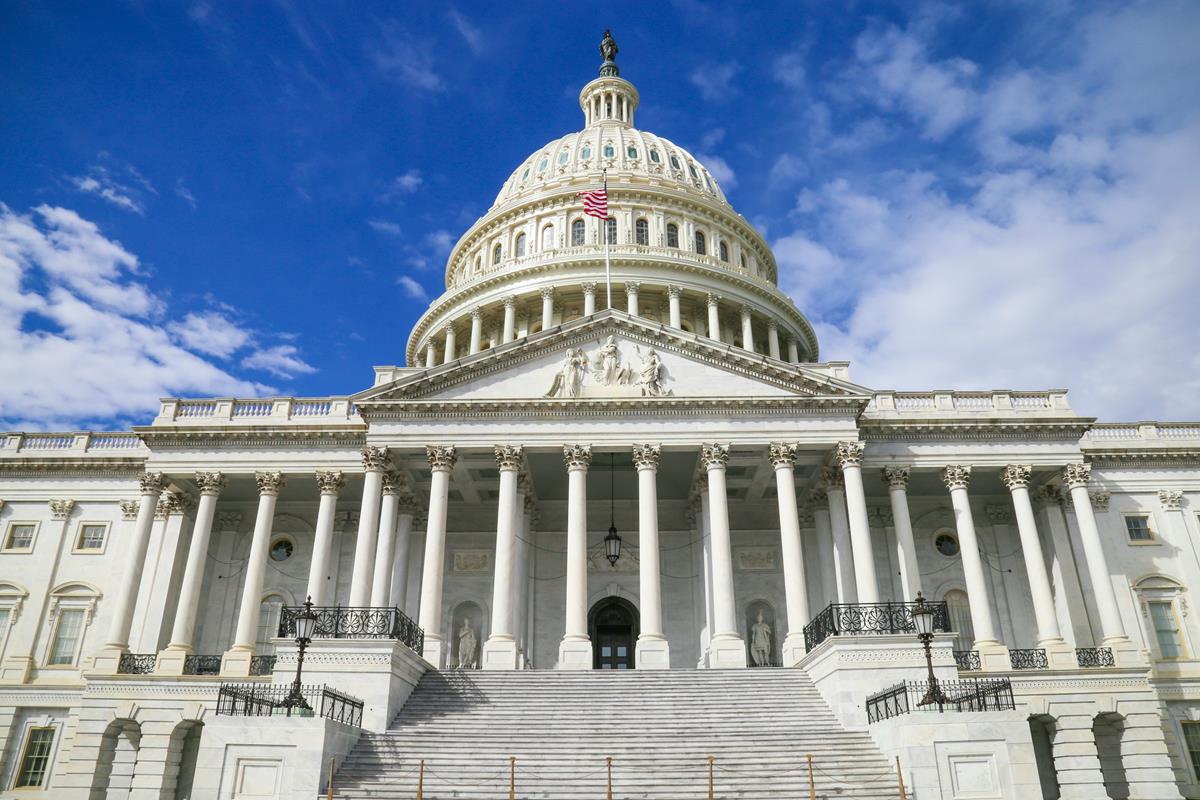

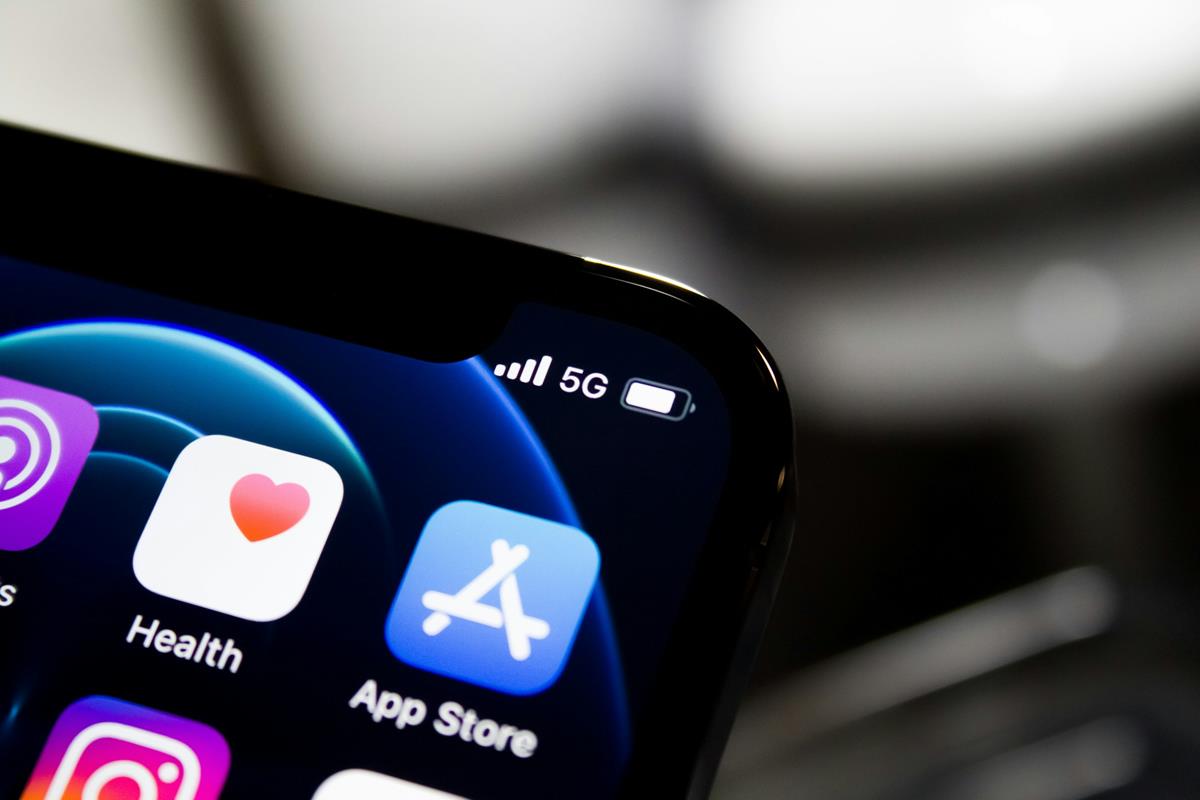
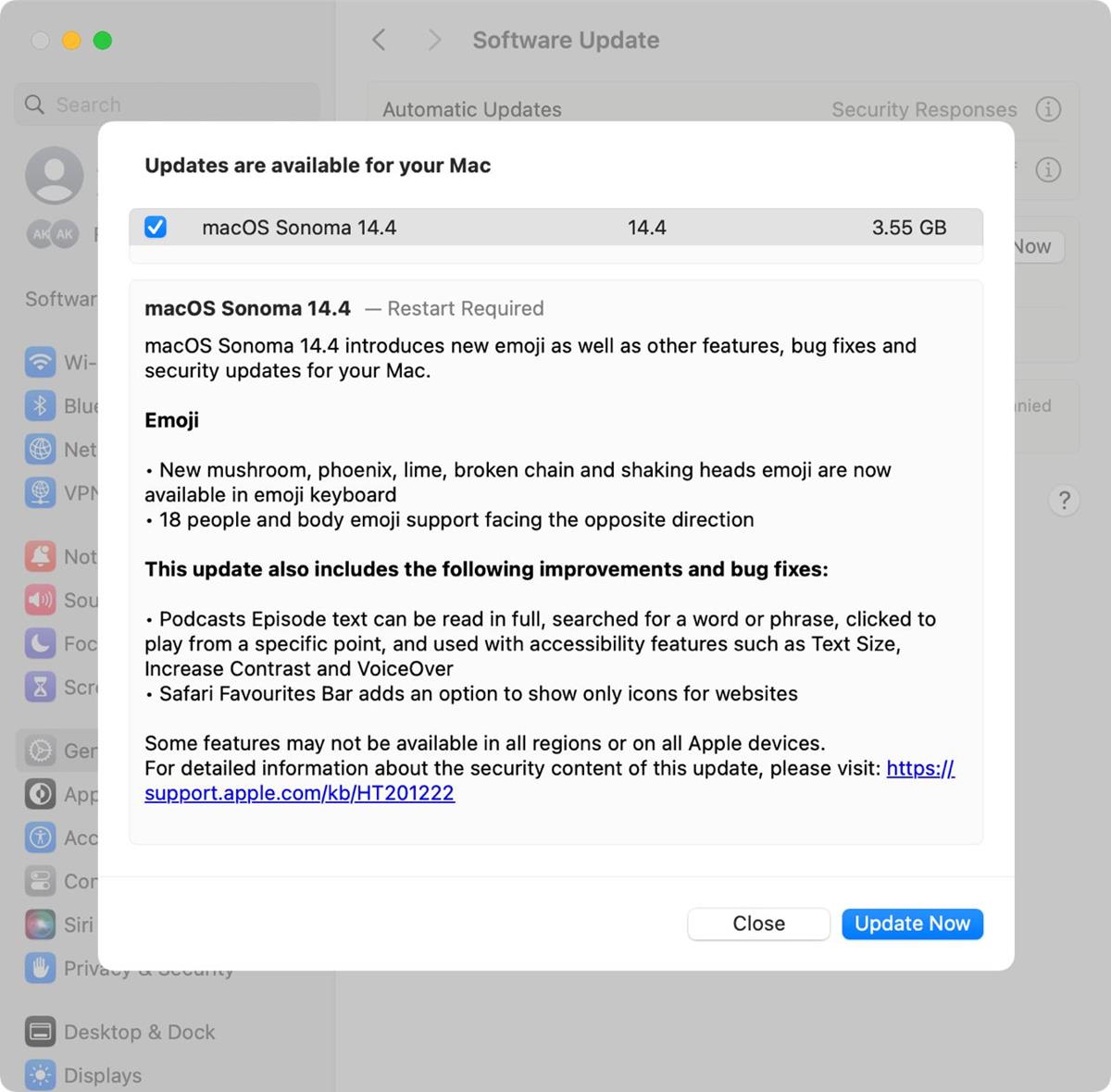


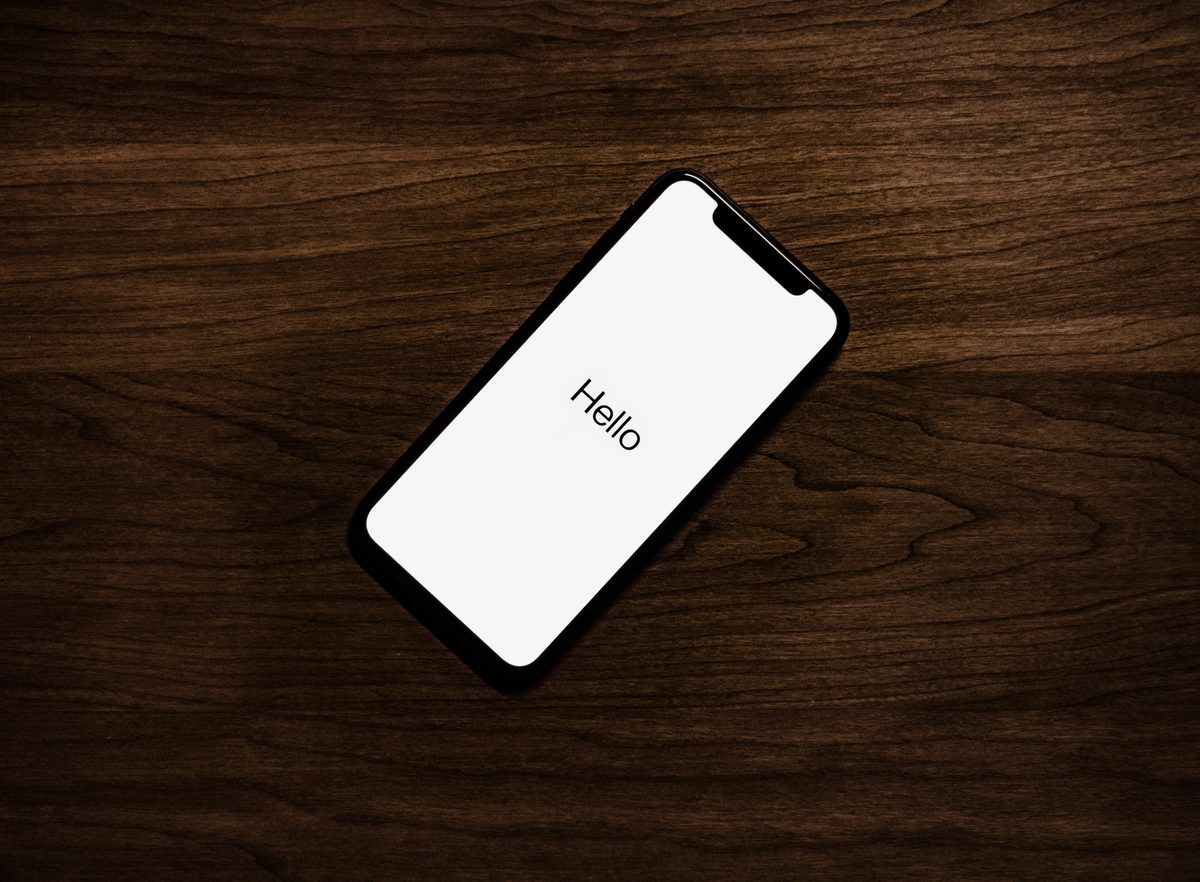
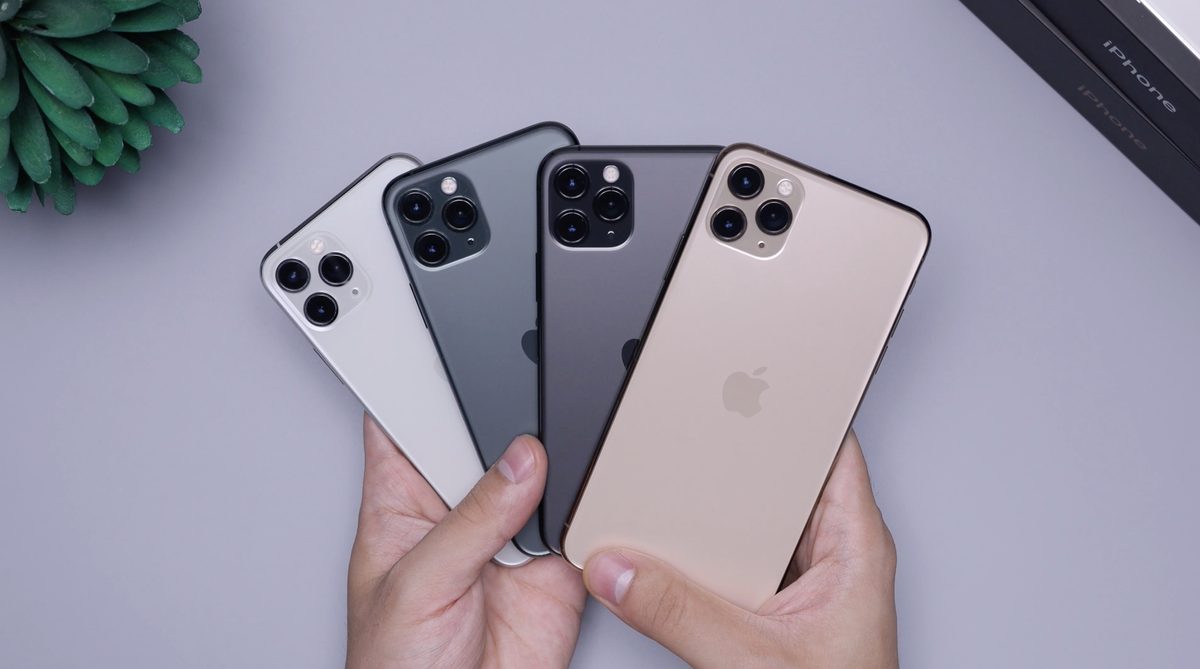









Have we already forgotten how Microshaft should’ve been broken up?
Hello? Microshaft is in bed with deep state.
Apple are such a scumbag corp.
Not sure how this is anticompetitive…I can see some things but why hould imessage work outside iphones? Doesn’t make sense.
I find much of this antitrust action to be nonsense. The only things I might agree with are the infringement case brought by Masimo and the Tile dispute. If Apple is blocking Tile from accessing location, that should be actionable. After all, bluetooth is an industry standard; it would be akin to preventing access to HTML.
Anyone who buys Apple products is already lost to a closed ecosystem; and that is WHY they buy Apple products, to be in that ecosystem. i disapprove of much that Apple, and Microsoft and Google for that matter, engage in. My 2 cents. :-)
The State is a COERCIVE monopoly government.
And they are going to tell us what constitutes competition?
Meaning MANDATE it ?
Slightly overlooks our right to Freedom of Association by making state mandates about hoe that association must work – that are not a violation of rights.
simply declared “unfairness” as opposed to “non-justice”